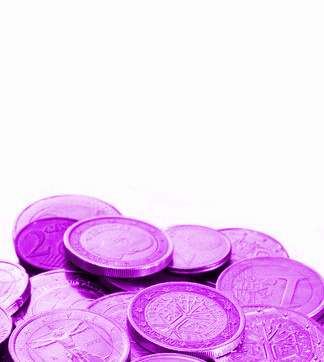EU trade deal nears
 A free trade deal between Australia and the EU is nearing its deadline.
A free trade deal between Australia and the EU is nearing its deadline.
Negotiations for a free trade agreement (FTA) between Australia and the European Union (EU) are entering a critical phase, with both sides racing against time to reach a deal before mid-July.
The EU's top negotiator has described the situation as “approaching the end-game,” although significant challenges remain.
Trade Minister Don Farrell is set to return to Brussels next month following a trip in May, as he seeks to secure better terms for Australian farmers seeking access to the expansive EU market.
However, resistance from powerful farm lobbies in France and Ireland has hindered progress, and reaching an agreement before the EU enters a year-long parliamentary election mode seems increasingly challenging.
There were hopes that Prime Minister Anthony Albanese's upcoming visit to Europe for the NATO leaders' summit on July 11-12 could facilitate a deal with European Commission President Ursula von der Leyen.
EU Trade Commissioner Valdis Dombrovskis acknowledged the possibility of a deal by the summit but emphasised the importance of substance over deadlines.
Despite nearing the end of the five-year FTA negotiation, the issue of beef and lamb imports remains a significant point of contention.
Australia is determined not to settle for an outcome less favourable than that achieved by fellow beef exporter Canada in its EU FTA.
Disagreements also persist regarding the categorization of quotas based on meat cuts and limiting the quota to grass-fed rather than grain-fed beef.
Another sticking point is the EU's requirement for Europeans to apply for import licences, which limits exporters’ flexibility and diverges from existing Australian FTAs.
The EU’s political capital expended on previous agreements with Canada, New Zealand, and the Mercosur group makes it challenging for Brussels to offer similar terms to Australia.
Ireland, cautious about potential political backlash from farmers, remains wary of making significant concessions.
Speculation suggests that EU Agriculture Commissioner Janusz Wojciechowski's position has been a hurdle, although some experts view these obstacles as negotiation tactics rather than substantive roadblocks.
While it appears that most aspects of the FTA are nearly finalised, there is still room for broader concessions and compromises, especially concerning agricultural goods.
A key point of contention has been the EU's stringent demands for geographical indications, seeking to protect regional identifiers such as feta, parmesan, and prosecco.
A last-minute workaround is anticipated, potentially involving grandfathering existing Australian producers or allowing labels such as “feta-style”.
Australian agricultural exporters aim to maintain the flexibility to fill EU quotas if demand and supply patterns change, presenting opportunities to boost exports.







 Print
Print